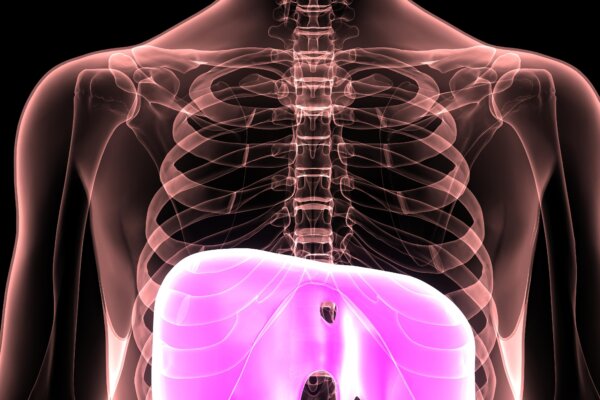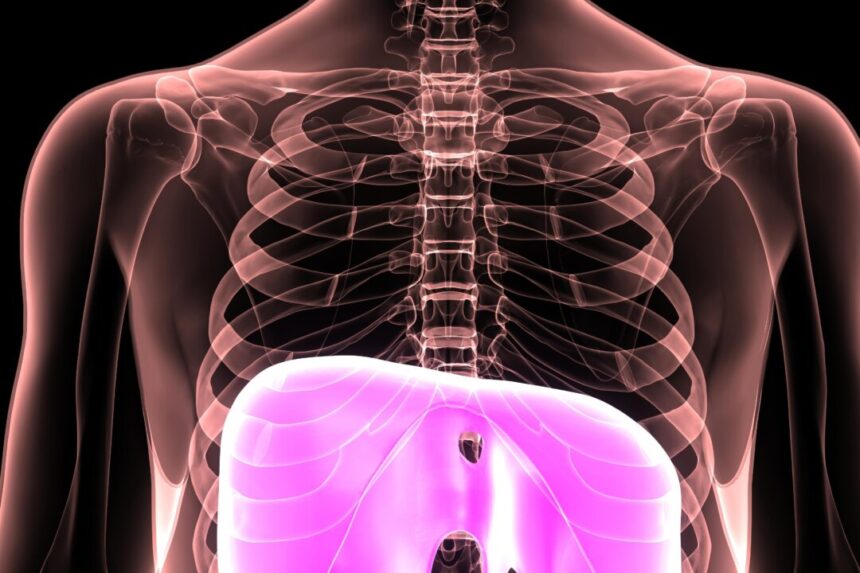
When it comes to health, we often focus on diet, exercise, and vitamins. But what about breathing? Breathing is something we do automatically every day, but could it be the missing key to optimal health?
The Science of Breath: More Than Just Oxygen
Every breath we take is a complex process that involves more than just inhaling and exhaling. According to James Nestor, author of “Breath: The New Science of a Lost Art,” correct breathing is essential for overall health.
Research shows that 90 percent of people breathe incorrectly, which can lead to various health issues. Proper breathing techniques could potentially improve conditions like anxiety, ADHD, and asthma.
Oxygen: The Cellular Lifeline
Oxygen is crucial for the body’s functions, as every healthy cell relies on it for energy. When we breathe in, oxygen is absorbed into the bloodstream and distributed to all parts of the body.
However, it’s important to note that the body only absorbs about 25 percent of the available oxygen while breathing normally. This balance is necessary to avoid both oxygen deficiency and excess.
Monitoring blood oxygen levels is essential, as levels below 90 percent can indicate a health concern. It’s not about inhaling more oxygen but about the body’s efficiency in using it.
The Underrated Role of Carbon Dioxide in Breathing
Carbon dioxide (CO2) plays a vital role in breathing by enabling the release of oxygen into tissues. Overbreathing can disrupt the balance of oxygen and CO2 in the body, leading to health problems like high blood pressure.
Mr. Nestor suggests that breathing less is the key to increasing carbon dioxide levels in the body and restoring balance.
The Mechanics of Breathing: Spotlight on the Diaphragm
The diaphragm is a crucial muscle involved in the breathing process. It contracts when we inhale, allowing the lungs to expand and fill with air. Diaphragmatic breathing, also known as belly breathing, enhances respiratory efficiency and has been linked to positive health outcomes.
By focusing on slow, deep breaths and engaging the diaphragm, we can improve our breathing habits and overall health.
Optimal Breathing–Its Spiritual Connections
Rhythmic breathing practices have been found to have both spiritual and health benefits. Techniques that involve inhaling and exhaling for about 5 1/2 seconds each can help regulate the body’s response to stress and promote relaxation.
By incorporating mindful breathing practices into our daily routine, we can improve breathing efficiency and support our physical and mental well-being.






